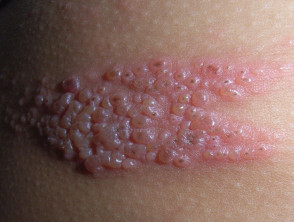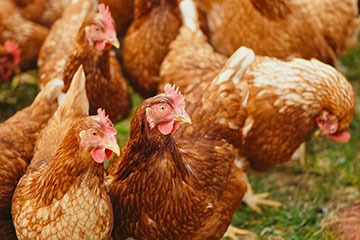Choosing a Pocket Pet
When choosing a pocket pet, don't pick one that is quiet, tired, has diarrhea, or looks sickly. The pet should be lively and alert with a glossy coat free of droppings. The animal's breathing should be normal. There should be no discharge from the eyes or nose.If one of the animals in the cage in a pet store has diarrhea or looks sick, the others may have been exposed to an infectious disease. Do not choose any of these animals as your pet. Wash your hands immediately after handling pet store animals or after touching animal cages or bedding.
If your pet dies soon after you buy it, it could have been ill with a disease that could also make people sick. Tell the pet store and do not reuse the cage until it has been cleaned and disinfected.
Tips for Preventing Salmonella from Rodents
- Washing hands with soap and water after handling rodents or their cages and bedding is the most important thing you can do to reduce the risk of Salmonella transmission.
- When cleaning up droppings from your pet, always wash your hands thoroughly afterwards.
- Young children, especially those younger than five years old, should be closely supervised when cleaning cages and should wash their hands immediately following handling rodent feces.
- Do not eat food or smoke while handling your pet.
- Do not handle pets in food preparation areas.
- Do not kiss your pet or hold it close to your mouth.
Source
Centers for Disease Control and Prevention
More Information:
-
Importation of Pets and Other Animals Into the United States
-
Pet Travel
-
Pets Travel Container
-
Diseases from Dogs
-
Diseases from Cats
-
Choosing a Pocket Pet
-
Lymphocytic Choriomeningitis Virus from Pet Rodents
-
Pregnant Woman and Toxoplasmosis
-
You Can Prevent Toxoplasmosis (Toxo)
-
HIV. Preventing Infections from Pets
-
You can Prevent Cryptosporidiosis






